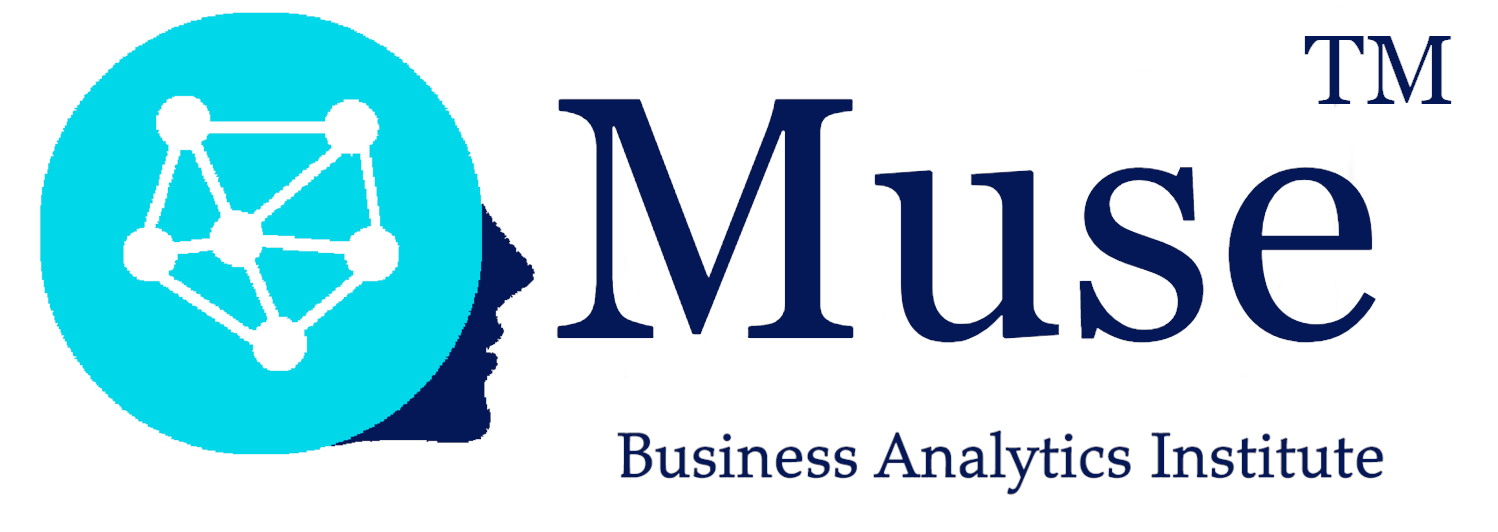MineDojo, an open framework for checking the veracity of facts
Source: Anima AI + Science Lab - CalTech
The future of Foundation Models lies in embodied agents that proactively act, explore, and self-improve. MineDojo is an open framework designed to help the community develop these generally capable agents, featuring a simulator suite based on Minecraft and a massive internet database including YouTube, Wiki, and Reddit.
This framework employs a promising foundation model recipe for agents. Three main ingredients are essential for generalist agents:
· An open-ended environment allowing unlimited tasks and goals, exemplified by Earth;
· A large-scale knowledge base that teaches both the 'how' and 'what' of useful actions, extending beyond text to include rich multimedia data;
· And a suitable platform like Minecraft. Minecraft's infinite voxel world, devoid of specific scores or fixed storylines, serves as an ideal open-ended AI playground.
Addressing the evolving nature of misinformation and safeguarding against malicious uses of AI requires concerted efforts from diverse stakeholders.
Established in 2023, the Caltech Center for Science, Society, and Public Policy (CSSPP) fosters research and debate on issues at the nexus of science and society, aiming to both educate about and influence science policy.
In the current academic year, the CSSPP is focusing on sustainability, AI ethics, and bioethics—in active collaboration with institutes like the Resnick Sustainability Institute, the Ronald and Maxine Linde Center for Global Environmental Science, the Center for Social Information Sciences (CSIS), and the Merkin Institute for Translational Research.
GPT3 is powerful but blind. The future of Foundation Models will be embodied agents that proactively take actions, endlessly explore the world, and continuously self-improve. What does it take? In our NeurIPS Outstanding Paper “MineDojo”, we provide a blueprint for this future:🧵 pic.twitter.com/YZps22n9pA
— Jim Fan (@DrJimFan) November 23, 2022
Established in 2023, the Caltech Center for Science, Society, and Public Policy (CSSPP) fosters research and debate on issues at the nexus of science and society, aiming to both educate about and influence science policy by leveraging Caltech’s expertise. In the 2023–2024 academic year, the Center will focus on climate change and sustainability, AI ethics, and bioethics—areas where Caltech already has significant research strengths and active collaborations through institutes like the Resnick Sustainability Institute, the Ronald and Maxine Linde Center for Global Environmental Science, the Center for Social Information Sciences (CSIS), and the Merkin Institute for Translational Research.
Several challenges today limit the effectiveness of Ai in combating misinformation. One inevitable challenge is the advancement of technology, which allows purveyors of misinformation to adapt their tactics to evade detection.
Additionally, ensuring the transparency and accountability of AI-driven misinformation detection systems is crucial to maintaining trust and credibility. Biases inherent in AI algorithms, whether in data selection or model training, must be addressed to prevent unintentional amplification or suppression of certain perspectives.
Moreover, the cat-and-mouse game between developers of misinformation and AI-based detection systems necessitates continuous updates and improvements to AI algorithms - context need to adapt to changing views on what constitutes facts, if not truth.
Another challenge is the potential for AI to be used maliciously to generate increasingly convincing fake content, posing significant threats to democratic processes, public discourse, and individual privacy. Deepfake technology, for example, can manipulate audio and video recordings to fabricate events or statements that never occurred, leading to widespread confusion and mistrust.
In conclusion, while AI presents both challenges and opportunities in combating misinformation, its effective use requires careful consideration of ethical, legal, and societal implications. By harnessing the power of AI-driven tools for fact-checking, content analysis, and detection of misinformation, we can better equip individuals and institutions to navigate the complex landscape of information online.
However, addressing the evolving nature of misinformation and safeguarding against malicious uses of AI will require concerted efforts from diverse stakeholders to uphold the integrity of public discourse and democratic principles in the digital age.

